Serenity on ice: A visit to a P.E.I. smelt shack
Forget storm chips, try storm smelt
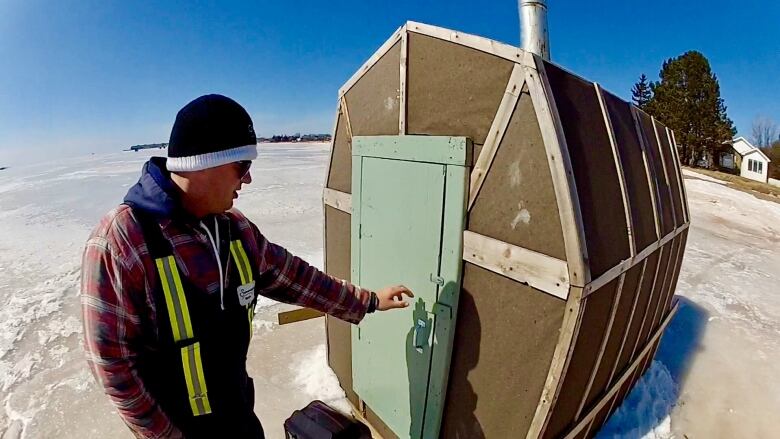
Ever winter, many Islanders leave the comfort of their cozy living room to spend hours sitting in a tiny shack in the middle of a frozen harbour.
"We've been smelt fishing for years, since we were 12, and I'm 29 now so quite awhile," said Marc Morrison from Summerside, P.E.I.
He works in real estate when he's not out smelt fishing.
'This is our favourite spot'
Tiny temporary fishing villages pop up in harbours and coves across the Island, whenever the ice thickens in late December or early January.
"This is our favourite spot," said Morrision, who sets up at the bottom of Glovers Shore Road in Summerside.
"We've always had good luck here."
Almost half the floor space in Morrison's shack is taken up by a giant rectangular hole chopped in the ice.

Morrison sits on an old kitchen chair, dangling his homemade fishing pole a wooden stick with two hooks on the end of a line.
Surprisingly, it works.
Catch limit is 60 per day
"This year has been really good. We usually get our limits almost every time we come down."
Fisheries and Oceans Canada sets the limit at 60 smelts per person.
"We can usually get a 120 smelts between two of us in anywhere from an hour to three hours usually."
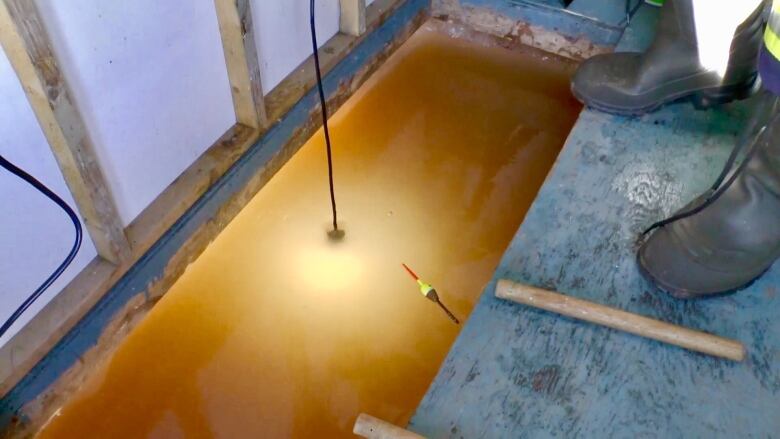
He often ventures out to his shack in storms. And he doesn't mind the wind.
"No, it's great. Instead of storm chips we do storm smelts."
To keep track of the shacks, owners are required by Fisheries and Oceans Canada to paint their names and phone numbers on the building just in case they do end up somewhere else.
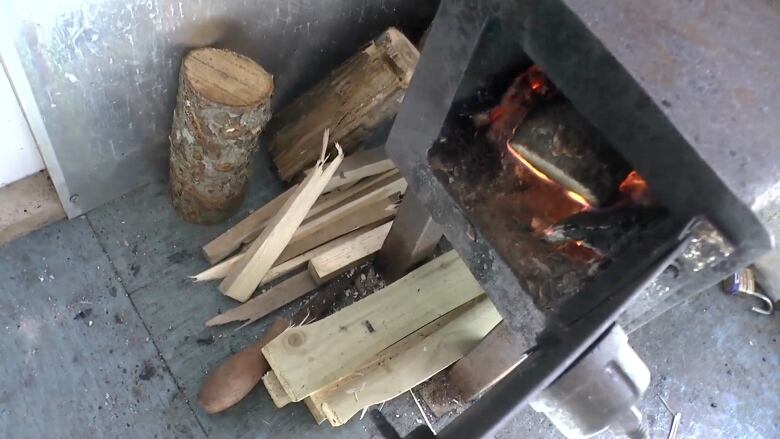
'I don't like any fish at all. Just catch them'
Morrison just gives the fish away to family and friends. That's because he doesn't like smelts.
"I've never even tried one," he said.
"I don't like any fish at all. Just catch them."
Morrison likes the serenity of sitting alone in his smelt shack.
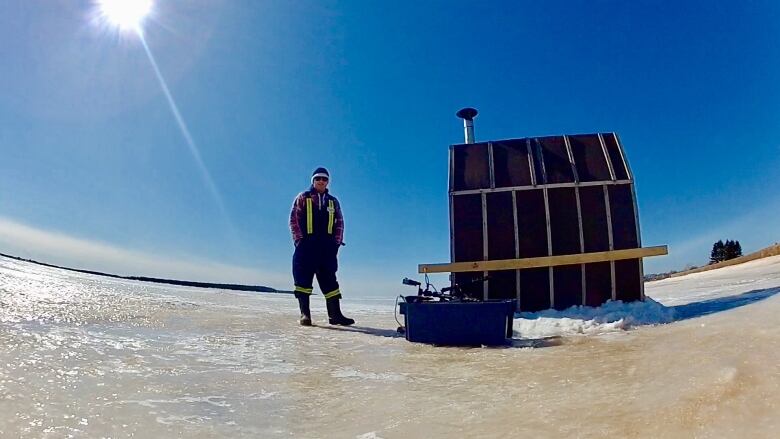
Not a bite
On this day, however, Morrison is not even to close to catching his limit. In fact, he hasn't caught a single smelt in two hours.
"I guess my grandfather's not having smelts for supper tonight."
But the fact he's going home empty-handed doesn't bother Morrison.
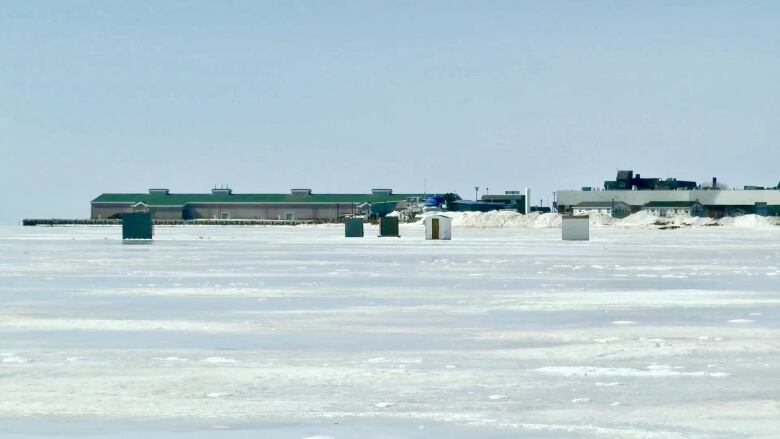
"It's nice and calm and relaxing," he said.
"And if you don't catch any fish you still have a little bit of fun and stay warm by the fire so I can't complain I guess."
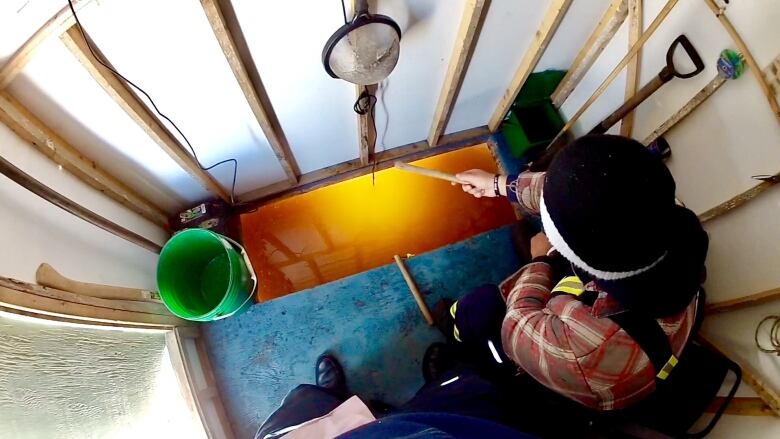
- MORE P.E.I. NEWS | New program promotes brain injury prevention
- MORE P.E.I. NEWS | Mobile blood donor clinic done with Miscouche













_(720p).jpg)


 OFFICIAL HD MUSIC VIDEO.jpg)
.jpg)



























































































